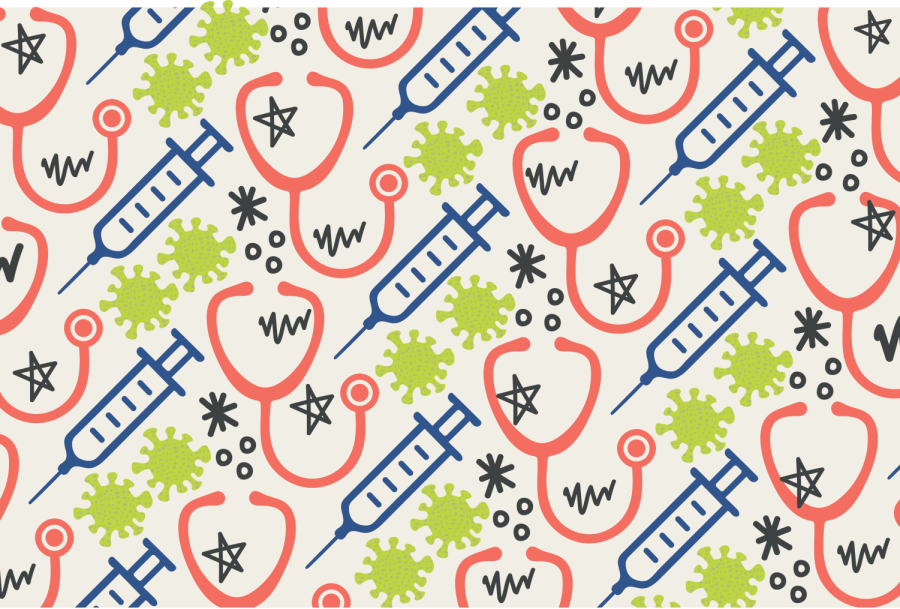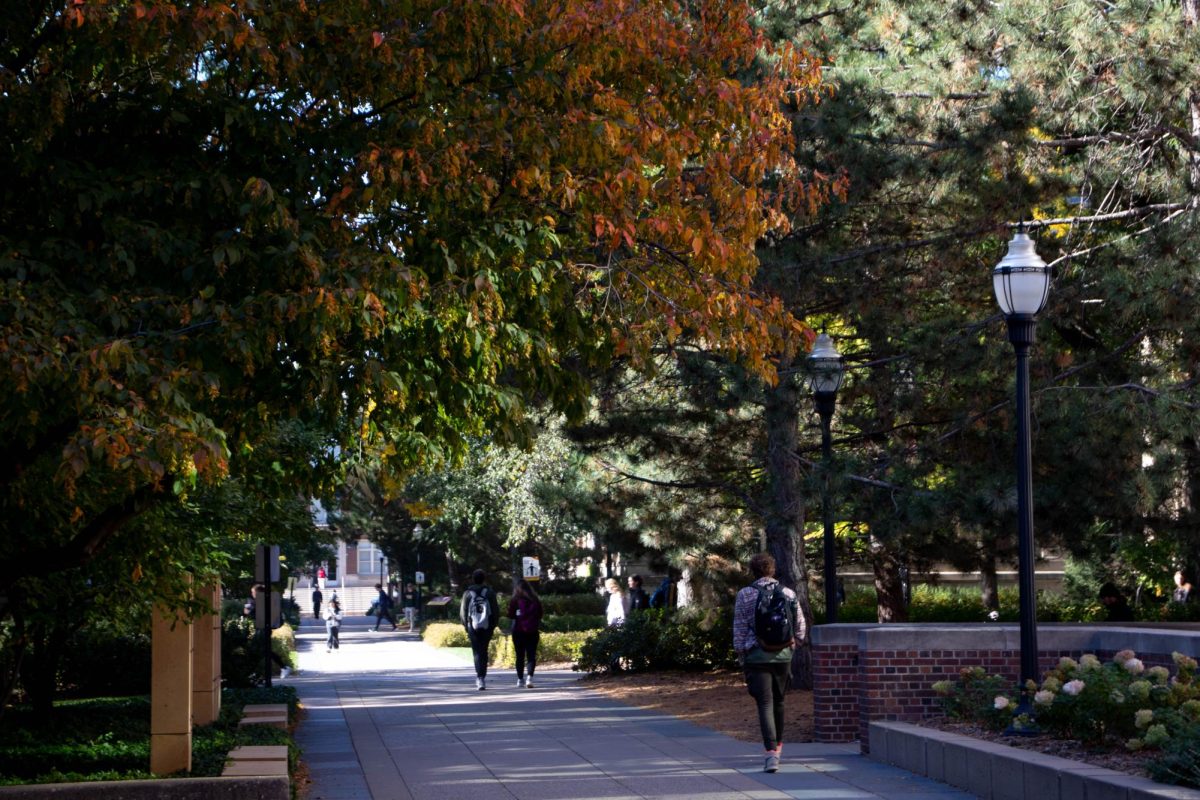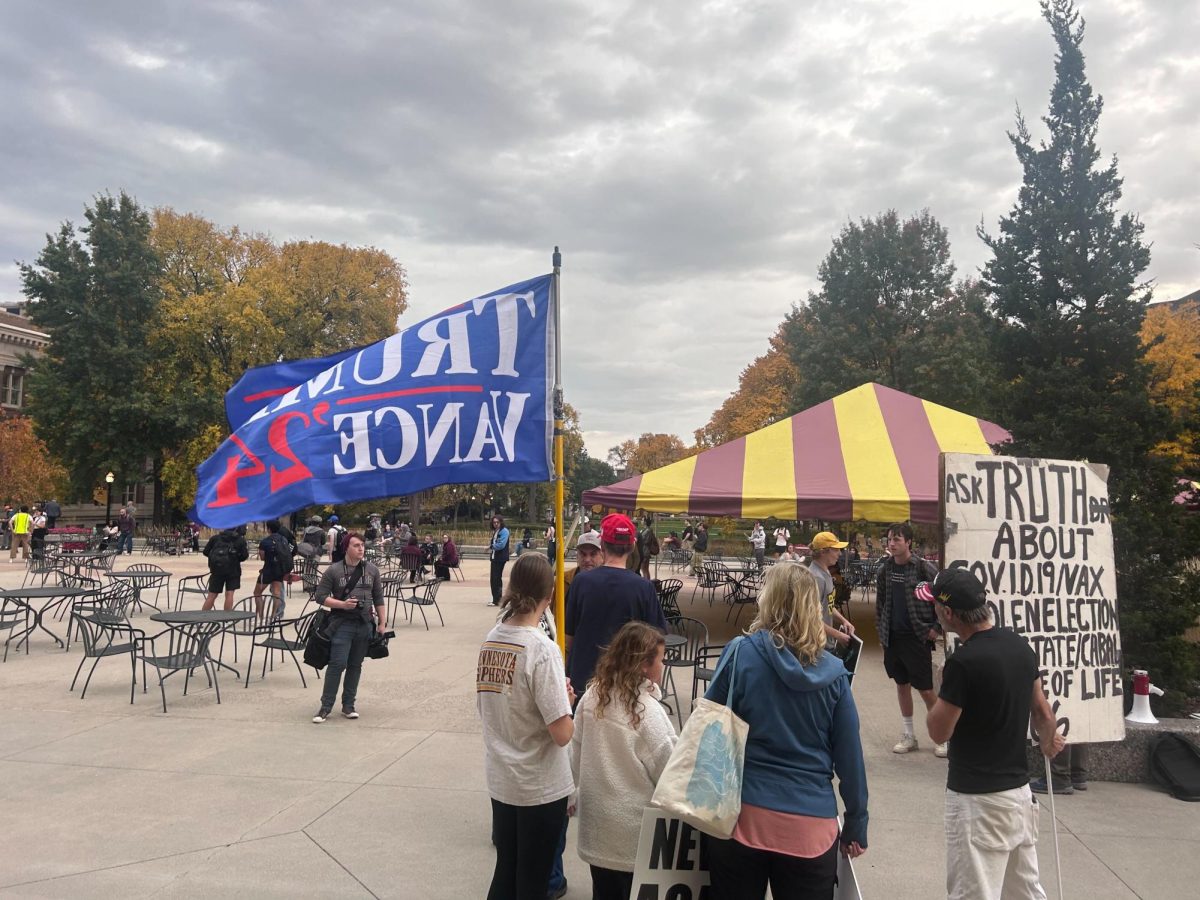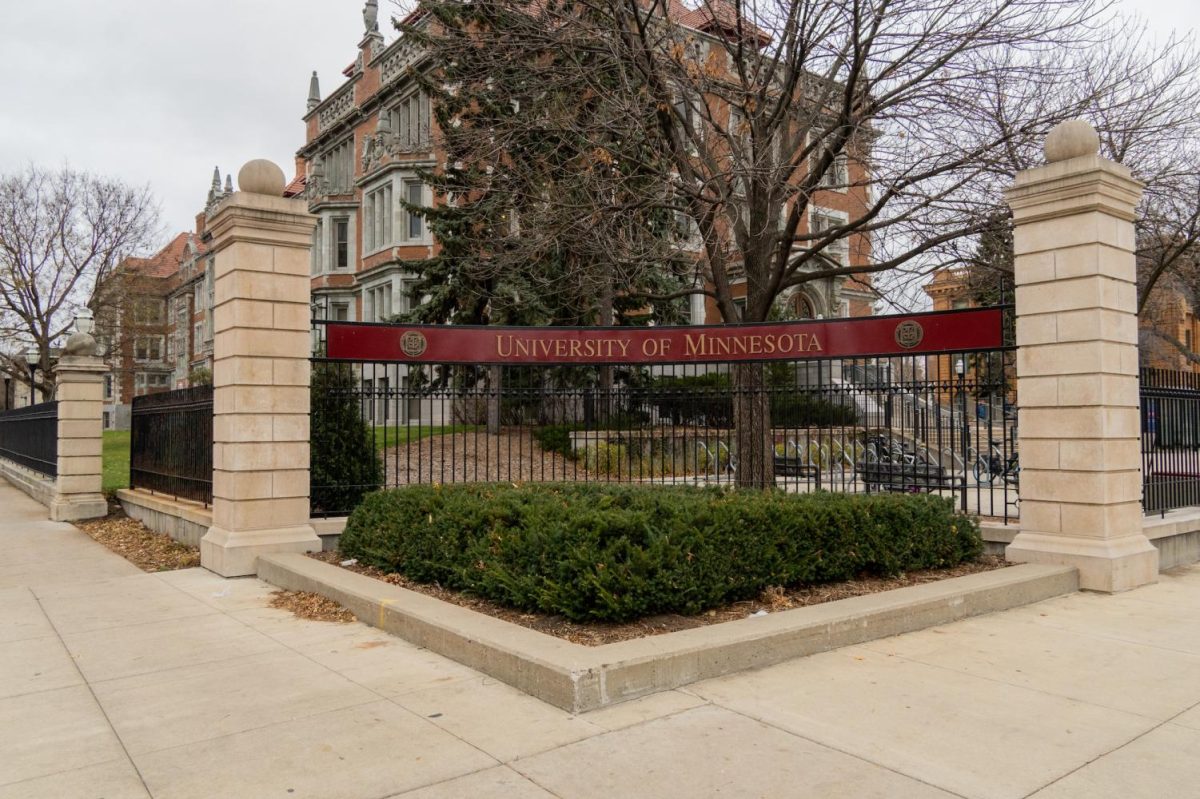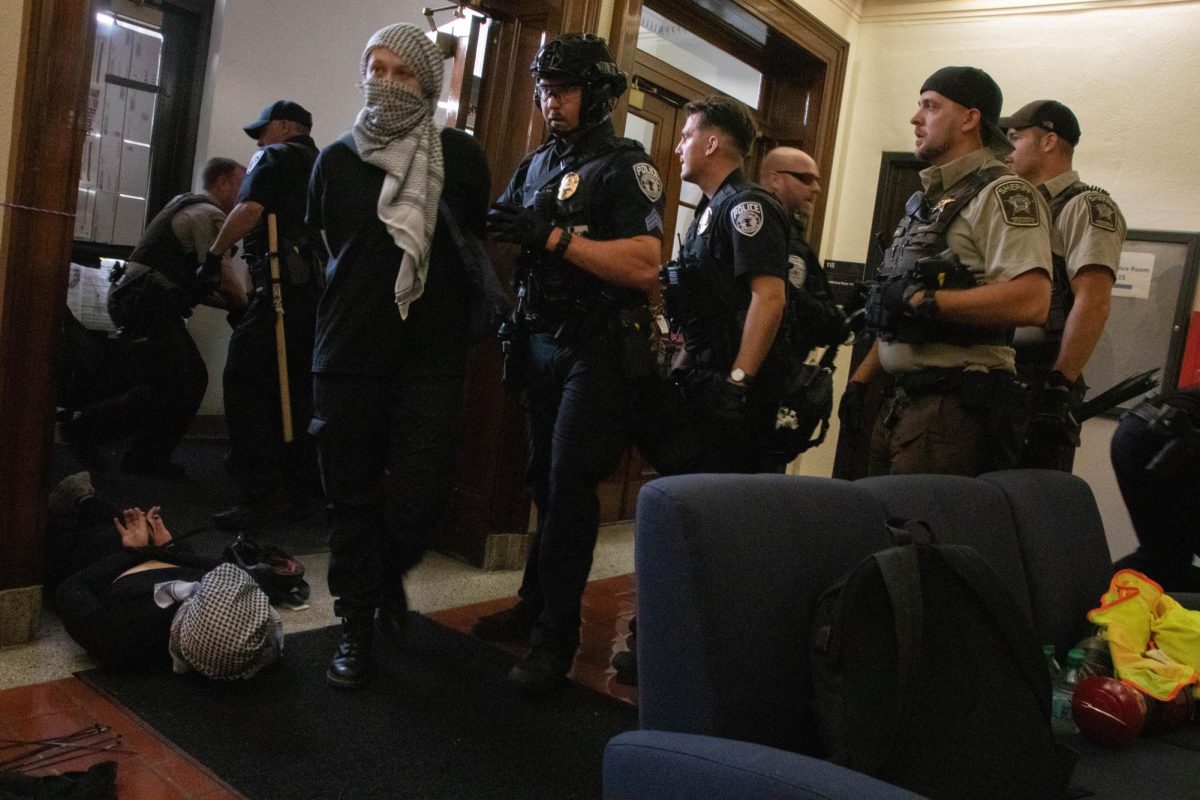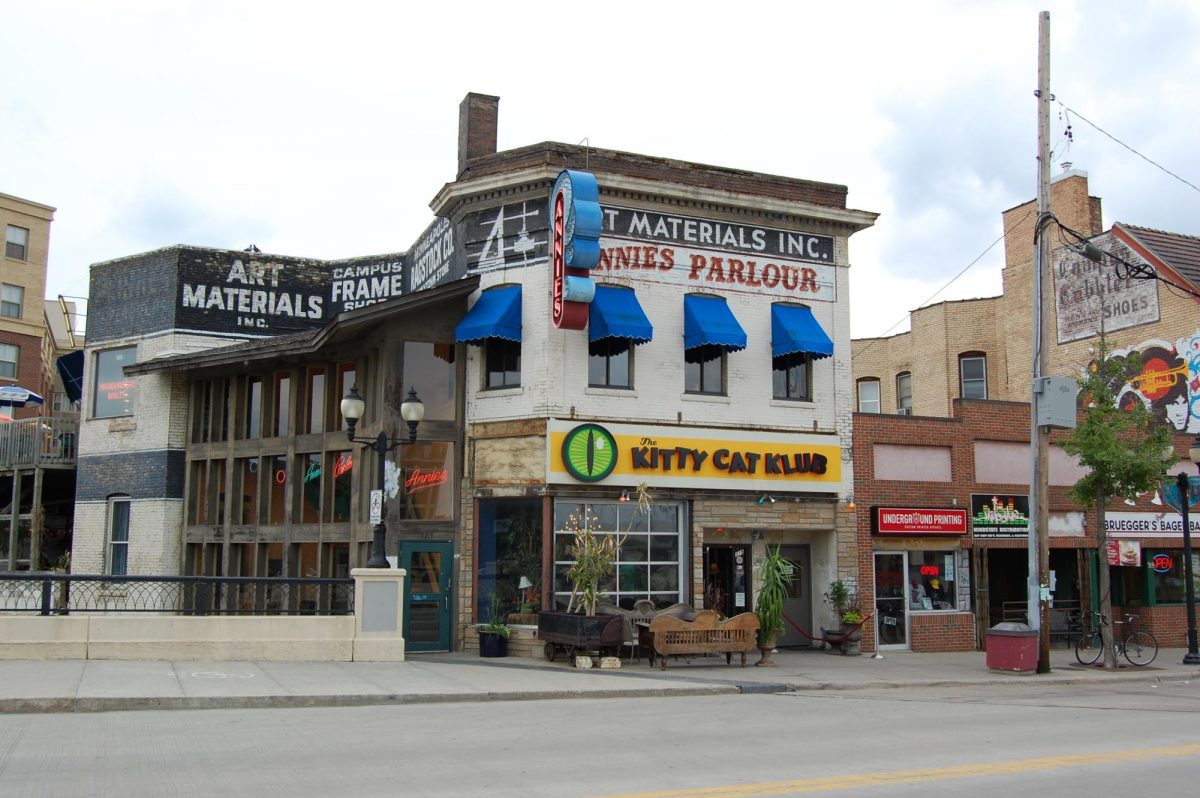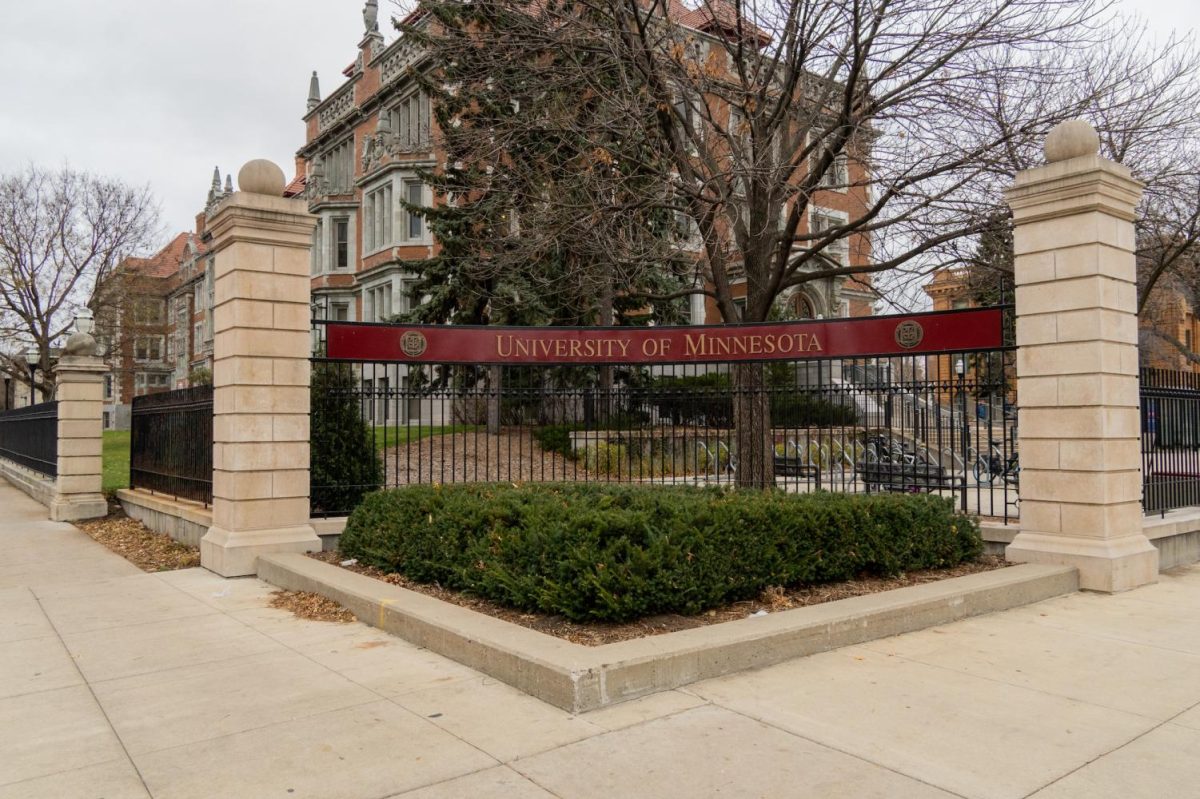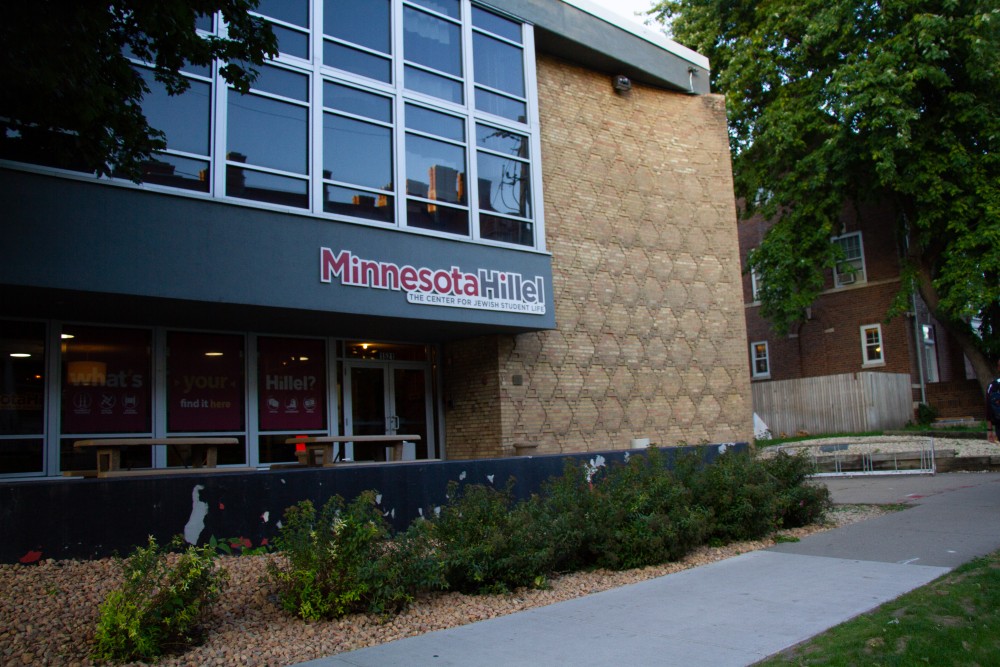The Minnesota Department of Health (MDH) granted the University of Minnesota School of Public Health $2 million in September as part of the American Rescue Plan Act of 2021 in response to health care needs identified during the COVID-19 pandemic. This funding led to the University program Minnesota Prepared.
Pathways to strengthen the public health workforce is a core initiative within Minnesota Prepared. The goal is to establish student internships, case-study competitions and organize a seminar series to best prepare for a potential “pandemic relapse.”
Assistant professor in the Department of Veterinary Medicine Victoria Hall said as population growth drives animals and humans closer together, there is an increased risk for diseases to spread to humans and in turn, for there to be a “pandemic relapse.”
The term “zoonotic” describes a disease that is transmissible between animals and humans; COVID-19 is zoonotic. Hall said it is estimated that 60% of known infectious diseases and 75% of emerging diseases are zoonotic.
“These diseases are incredibly important to monitor as we do surveillance for the next pandemic,” Hall said. “[It] makes disease responses more complex as you must have human, animal and environmental health professionals working together to successfully respond to the outbreak.”
Each of Minnesota Prepared’s goals addresses COVID-19 preparedness specifically, with becoming more proficient in working within cross-institutional methods and learning the dynamics of practice needs.
The internships through Minnesota Prepared are paid opportunities funded by the grant and only open to School of Public Health students. The goal is to make students more desirable for future careers and also take an economic strain off of public health agencies.
Internship Project Coordinator Kinsey Mannebach previously worked at a local health department in Greendale, Wisconsin, on their community health assessment and improvement plan in the midst of the pandemic. Mannebach relocated to Minnesota and started working in collaboration with MDH in their emergency preparedness and response sector.
The traditional process in obtaining an internship is different from what’s seen within this project’s hiring process in which agencies seeking student aid can submit their project to Mannebach.
After a decision is made about the project submission’s details and stipulations, Mannebach can advertise it to public health students using the PH job board and student newsletter.
A review committee then “matches” students with internships “based upon the candidate’s levels of expertise and interest in the project,” said Elizabeth Wattenberg, who works with the internship program specializing in graduate students.
Collaboration with tribal public health is also part of the program, with a core focus on avoiding a “drop in mentality,” Wattenberg said. “Mentality” refers to a person obtaining experience and providing help then leaving the community after obtaining said experience.
Wattenburg said she believes students who are localized rather than living directly in the Twin Cities would be a better benefit to the tribal communities “not because they’re not good students, but we don’t want people to come in, get their experience and then leave,” Wattenberg said.
Mannebach said they have not yet received any submissions from tribal public health for the fall section of students. However, if submissions are made in the future, “building strong relationships and collaboration with the tribes and looking to support them in a way that would feel supportive to them is critical,” Mannebach said.
The projects for interns offer a diverse range of options. One program gives students the opportunity to configure a survey for businesses that experienced COVID-19 outbreaks among workers. This has led to discussions with the health department regarding future plans that draw from the knowledge and experiences gained through COVID-19.
Another intern project combed through data to “look at how COVID-19 highlighted and further exacerbated disparities that public health is seeking to address,” Mannebach said.
To reduce the impact of another potential pandemic, Hall suggested instilling an ecosystem health approach at the University level so the community will be better prepared.
“By breaking down silos between those working in human, animal and environmental sectors, we can better detect and respond to emerging or reemerging threats to global health,” Hall said.


